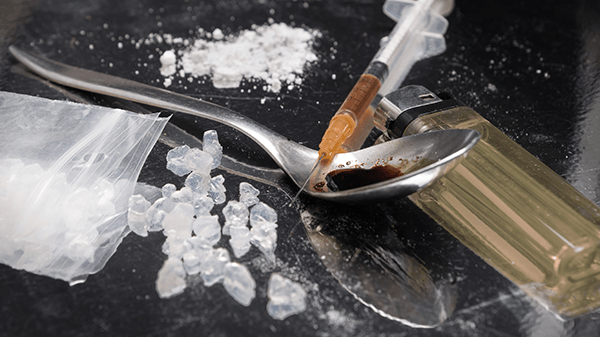
The Dangers of Methamphetamine
Methamphetamine, often known as meth, is a potent and highly addictive stimulant that casts a dark shadow over countless lives across the United States. On this National Methamphetamine Awareness Day, we are shedding light on the dangers of meth use along with its prevalence in Oklahoma and the nation.
Statistics
According to the Centers for Disease Control and Prevention, methamphetamine death rates in Oklahoma increased some 30% from 2020 to 2021, reflecting a growing crisis. The drug’s ease of production and distribution, along with its addictive nature, can contribute to societal problems, including the disruption of families and communities.
The Methamphetamine Problem
Methamphetamine is a synthetic drug that has earned a notorious reputation for its immediate and intense euphoric effects. When individuals use meth, they often experience a powerful rush of pleasure and heightened alertness. It’s precisely this rapid onset of euphoria that contributes to its addictive nature, as users seek to replicate these intense feelings. However, the stark reality is that these moments of pleasure are nothing more than a mirage, concealing a profound and devastating impact on both the individual and society as a whole.
Dr. Kelly Dunn, executive director of clinical treatment at the OSU Addiction Recovery Clinic, said we need more treatment options for meth.
“There are currently no FDA-approved treatments for methamphetamine use disorder,” She said. “We should be sounding the alarm bells and putting resources into researching and developing novel treatments for methamphetamine use disorder.”
Short-Term Health Risks
The immediate effects of methamphetamine are potent and dangerous. Users experience a rapid heart rate, soaring blood pressure, and an increased risk of heart attacks and strokes. Psychological consequences, such as anxiety, paranoia, and hallucinations, often follow the initial euphoria. The notorious “meth mouth” leads to severe dental issues, including tooth decay and gum disease. This potent drug also hampers breathing, potentially resulting in chest pain and respiratory problems. Aggressive behavior and insomnia further compound the dangers of short-term meth use.
Long-Term Health Risks
The prolonged use of methamphetamine exacts a heavy toll on physical and mental health. Cognitive deficits, including memory problems and impaired judgment, are prevalent among long-term users. Meth can induce psychiatric disorders like depression, anxiety, and psychosis, with enduring effects even after discontinuing the drug. Neurological damage is a concern, altering brain structure and function. Cardiovascular complications pose a significant risk, increasing the likelihood of heart disease. Weight loss and malnutrition, resulting from suppressed appetite, lead to various health issues. Chronic meth use may also result in skin problems, including acne, sores, and infections, due to weakened immune function and poor hygiene. Beyond the physical toll, meth addiction carries severe social and economic consequences, such as relationship strains, job loss, legal problems, and financial instability.
Getting help
For those struggling with meth, the path to healing may seem daunting, but it’s important to remember that recovery is possible.
“The most important thing when it comes to methamphetamine treatment is to get away from it because it is so prevalent in people’s environments,” said Dunn. “The best way to achieve this is to start with residential treatment, meaning you can’t always get rid of it in your immediate environment, so you must remove yourself from that environment to achieve sobriety.”
Treatment programs, counseling and support networks provide individuals with the tools and guidance that can help them regain control of their lives.
Contact the OSU Addiction Recovery Clinic at 918-561-1890 to schedule an appointment.